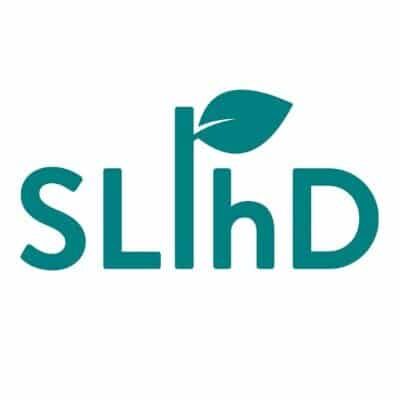Bridging Research and Clinical Practice: EBP in SLP - Contribution 2
Counselling in Aphasia: Information and Strategies for Speech-Language Pathologists
After a stroke, many people with aphasia (PWA) struggle with mental health concerns such as anxiety and depression. SLPs have a role as a counsellor, but most SLPs receive limited training and support to assist PWA experiencing mental health challenges with confidence. This study was carried out by researchers at Pennsylvania State University and provides strategies for SLPs to address mental health concerns of PWA.
Counselling is within the scope of practice of SLPs as long as it addresses mental health concerns related to communication difficulties. Otherwise, SLPs may perform a mental health screening and should refer PWA to mental health care providers when needed while ensuring they are able to support the communication of the PWA. Anxiety, depression and grief may negatively impact motivation and energy levels and consequently language recovery. Strategies recommended to SLPs include acknowledging the multiple dimensions of loss and grief associated with stroke and aphasia, encouraging social connections through therapy goals strengthening self-confidence, educating the patient and their caregivers, and using meditation in sessions to release tension. SLPs are also encouraged to advocate for psychological care for their patients.
SLPs should consider continuing education to learn more about mental health and our role in helping all clients (not just PWA) with their mental health concerns, especially those related to communication. SLPs should also advocate for coordination of mental health care with psychologists or counsellors to ensure that stroke survivors with aphasia do not fall between the cracks.
Anne Billot and Carlee Wilson,
SLPhD members
Published online: 26 February 2022

